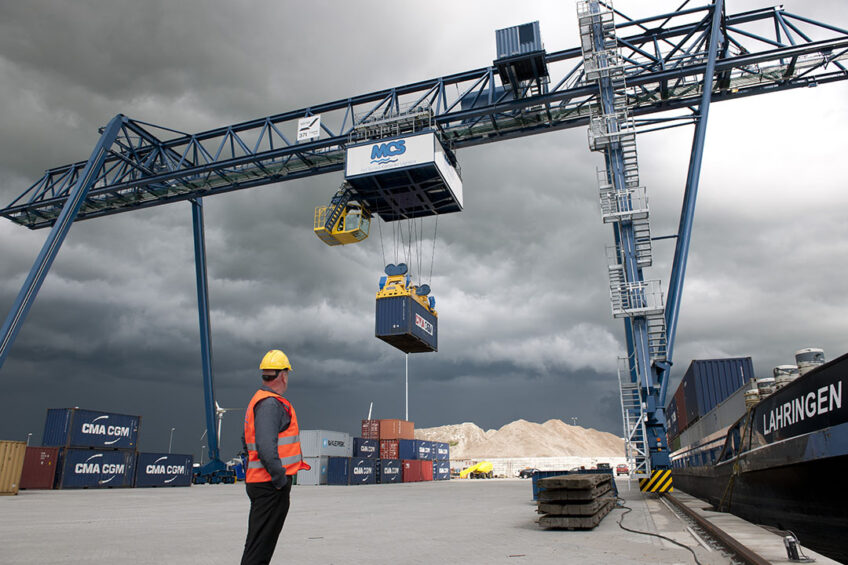Brazil’s agri sector loses billions over container blackout

The Brazilian Parliamentary Front for Agriculture, a group of deputies in the National Congress, estimates the impact of the global container ‘blackout’ for Brazilian agribusiness this year currently stands at US$?1 billion.
The study only sums up the revenues missed because shipments weren’t possible due to a lack of containers. The number does not include contract penalties that might increase losses even further.
The calculations include 4 large export segments. In the case of poultry, eggs and pork exports, the impact (from January to July) reached US$ 436.9 million. The coffee sector has already indicated losses aof round US$ 500 million between May and August. In tobacco exports, the impacts were US$ 170 million between June and July.
Brazil forecasts new poultry production records
The Brazilian poultry sector forecasts another year of record results in 2021. Despite many challenges in the internal economy and abroad, production outlooks look bright for poultry, eggs and pig meat. Read more…
From January to August, Brazilian agribusiness exported US83.6 billion. In the short term, the sector asks for an “urgent plan” to transport goods stopped at the ports. “It’s not about changing the market laws, but about looking at Brazil as a global food supplier,” says the study.
Small number of shipowners hold majority
Brazilian agro exporters criticise the concentration in maritime transport activity. Five shipowners alone hold 65% of the global market, which, in the sector’s view, “unbalances free market practicing”. The sector also complains that transporters prioritise other routes considered more advantageous, instead of guaranteeing flow for Brazilian goods.
“The situation is extremely comfortable for shipowners and we do not see prospects for regularisation,” the document states. For that reason, in the medium term, they ask the government to allow new shipowners in the Brazilian market or new incentives for current suppliers to guarantee greater availability of containers.
Thiago Péra, coordinator of EsalqLog (São Paulo University), recognises that the high cost of freight has taken away the competitiveness of exporters. “There is a global problem. We are experiencing a great demand and the arrangement is time-consuming,” he says.
Animal feed also affected
The Brazilian Association of Animal Protein said the problem would also affect the importation of feed inputs for animals, such as vitamins and amino acids. The freight cost went from US$ 2,000 per container to US$ 12,000. This increase has made the purchase less attractive.












